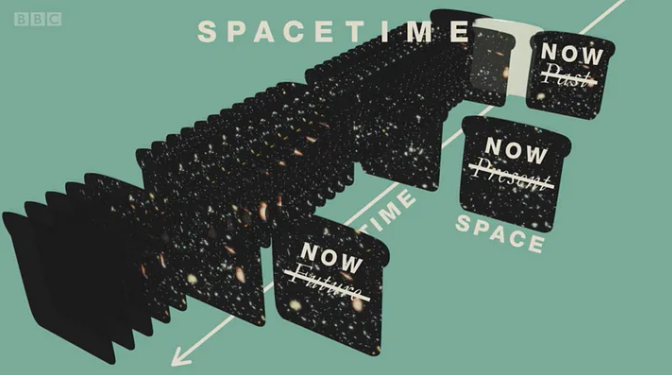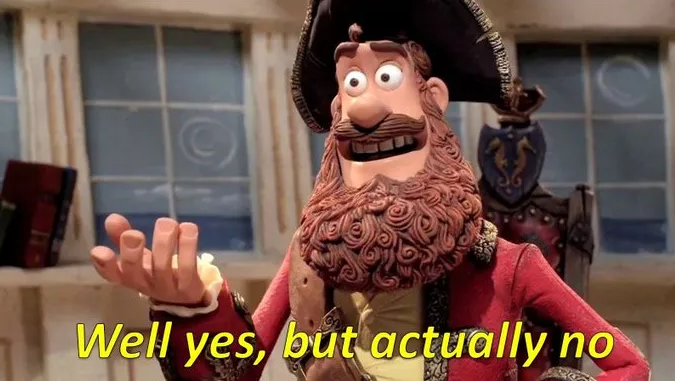Free Will Decoded

What is Free Will?
Free will is the ability to make free decisions that are not predetermined in any manner. The term “free will” has been around for two millennia. Free will supports the laws of randomness. Traditionally, people thought that the universe is a blend of randomness — what is going to happen in the future is random.
Philosophically speaking, free will exists, but science denies that. Free will is just an illusion. Science follows the laws of determinism (ie. events, including moral choices, are completely determined by previously existing causes). You reading this article was determined during the time of the Big Bang. According to the laws of physics, any event is determined by the things before it. Just because we don’t know what is going to happen in the future, we can not say determinism does not exist.

The universe is a vast mass of arbitrarily flowing atoms. Our brain is also a composition of atoms, so they are subject to the laws of physics. The electric signals flowing from one neuron to another are also bound by these laws. It’s just that the amount of calculation involving the thought process inside the brain is so intricate that no one has been able to calculate it till now.
Suppose there is a hungry person on the street. You might think the decision of whether or not to help the person is your free choice. But actually, it is your morality that drives your decision. Your morality is derived from the environmental constraints you are brought up in as well as your parents’ morality. Your parents’ morality is affected by their parents’ morality and so on. It all traces back to the beginning of matter — billions of years ago. You can also say, let’s flip a coin to decide on this matter, but remember that the output of the flip is also not random.
GAN is the technology in the field of Neural Network innovated by Ian Goodfellow and his friends. SRGAN is the method by which we can increase the resolution of any image.
It contains basically two parts: a Generator and a Discriminator. The generator produces refined output data from given input noise. Discriminator receives two types of data: one is the real-world data and another is the generated output from the generator. For discriminator, real data has label ‘1’ and generated data has label ‘0’. We can take the analogy of the generator as an artist and the discriminator as a critic. Artists create an art form that is judged by the critic.
Block Universe

According to the theory of Block Universe, the universe is a giant block of all events that took place at any instance of time. The past, present, and future all co-exist in that block. The block has four dimensions — three spatial dimensions(length, width, and height) and a temporal dimension of time. This theory supports the law of determinism.
Let’s consider the block to be a loaf of bread, and a slice of the bread has all the things in the universe at any instance of time. In the block universe, time never passes. All the events that had happened and will happen are already there. There is no universal now moment in the block. The concept of now is an illusion. We just experience different slices at any moment. All the events that happened from the Big Bang to the end of the universe are already there in the block.
It also supports the concept of a Parallel Universe ; just consider multiple loaves of bread. In one loaf, you exist as you do now. In another, you may have never been born. On the another, your parents have never met. In another, the earth may not exist at all, and so on and so forth.
Can we predict the future?

Since there is no free will and the universe is not random, we should be able to predict the future, right? It is far more difficult, nearly impossible, to compute such complex calculations with present computational power. We need billions, trillions, or maybe infinite—we don’t know how many—parameters to start the calculation. The equation for such calculation must be accurate and precise. Maybe in the distant future, we might be able to calculate it.
Can it have a negative impact?
We might think that we end up with a fixed result even though we make so many efforts. It is better for us that we cannot see the future. For all practical purposes, we are making free choices even though it is an illusion. Even after writing this much to you, I will not be depressed that I have no free will. My mind will be unconsciously making choices for me my whole life.
Crimes are still punishable, though. We can not forgive a criminal saying that it was determined that the person would commit the crime. If he was determined to commit a crime then, he was also determined to be punished. This helps in shaping the morality of others and the criminal as mentioned above.